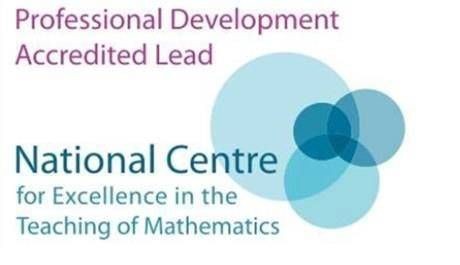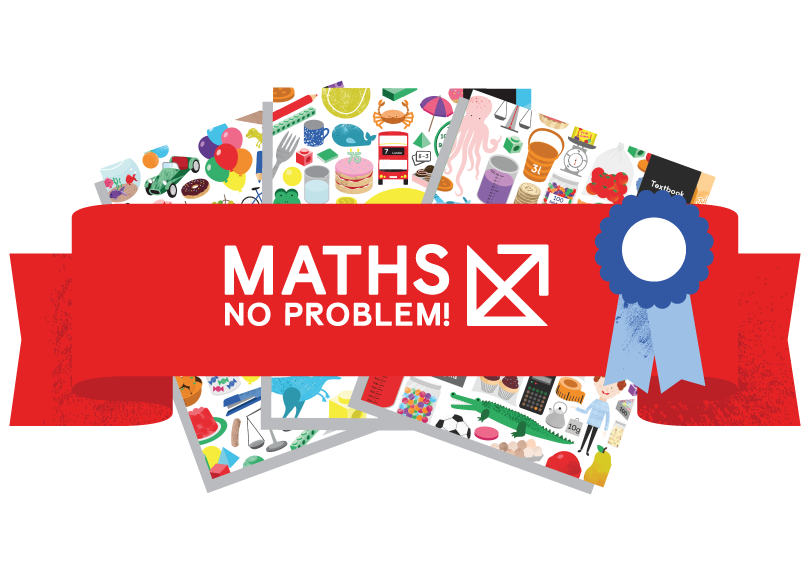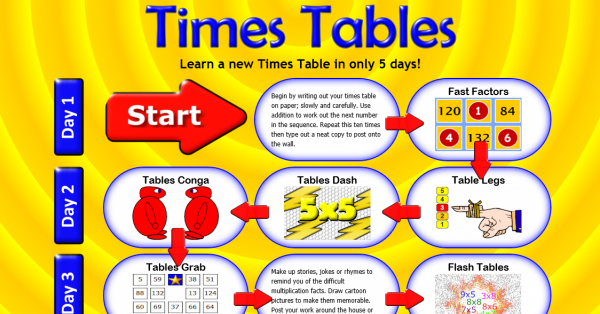Maths Academy
Parkfield Community School welcome you to their very own Maths Academy. This is the place where children and adults learn to wonder at the beauty of mathematics.
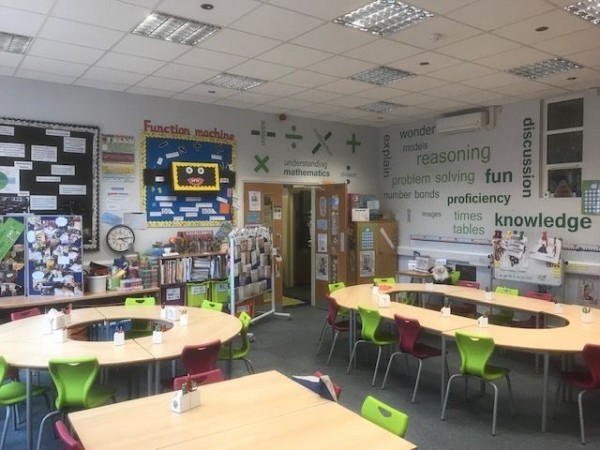
Maths & PD Executive for Excelsior MAT (working from the Maths Academy):
Helen Hackett
MaST; SLE; PD Lead (NCETM); Mastery Specialist Teacher (cohort 1); Mastery Lead for Central Maths Hub
Parkfield staff with additional qualifications in mathematics:
NCETM Professional Development Leads: H Hackett, K Susarla, K Lewis & H Durman
MaST: K Susarla
Maths Specialist Teachers: H Hackett, K Susarla & K Lewis
Mathletics Lead Educators: H Hackett & K Lewis
Central Maths Hub Workgroup Leads (inc SKE): K Susarla, K Lewis & H Durman
SKE secondary: K Susarla & K Lewis
Qualified Intervention Leaders: S Choudhury, L Begum, H Hackett, R Hussain (TA)
Leaders of Mathematics at Parkfield Community School: K Susarla (KS2) and K Lewis (KS1)
Our aim is to equip all pupils with the skills and confidence to solve a range of problems through fluency with numbers and mathematical reasoning. Children are encouraged to see the mathematics that surrounds them every day and enjoy developing vital life skills in this subject.
At Parkfield Community School we have been on a journey over several years in order to improve the teaching and learning of mathematics. There are several elements which have influenced improvements in attainment and these are best discussed in person during your visit. If you are taking a look around the school however, it may be useful for you to have a little advance notice of things you will see in lessons – things that may look different to the way lessons/books looked a few years ago. We are a Mastery Specialist School and a Maths-No Problem! Beacon school.
The three aims of the national curriculum should be addressed every day (not just in the maths lesson):
Fluency – Reasoning – Problem Solving
In order to meet raised national expectations within the National Curriculum and ensure children develop a deep and sustainable understanding of mathematical concepts, teachers need to deepen their own subject knowledge, alongside developing effective strategies for the teaching of mathematics. Parkfield Maths Academy supports teachers both within the MAT, and beyond, through a wide range of professional development to meet the individual needs of every teacher.
We have researched how other jurisdictions such as Singapore, Japan, Shanghai and Hong Kong educate and nurture teachers of mathematics and have worked with colleagues from other countries and around the UK to developed our bespoke professional development support programmes for staff within our school, our MAT (Excelsior) and beyond.
Professional development takes many forms such as: whole school development days, workshops, collaborative planning, coaching, mentoring, lesson study, open lessons, the use of Iris Connect, involvement with Maths Hub workgroups, such as subject knowledge enhancement programmes and the Shanghai Exchange Project. We are also an accredited Maths-No Problem! beacon school, with many of our teachers having benefitted from additional training with colleagues from Singapore, for example, the world famous, Dr Yap Ban Har. We are continuously looking to ways we can enhance the teaching and learning of mathematics and this involves ongoing action research, often working with colleagues in FE and HE as well as key mathematical organisations such as the NCETM and ATM.
Our team of skilled staff can provide a range of outreach support, as well as training at our site, within the Maths Academy or the PD Centre.
Examples of PD we can provide:
- Teaching for Mastery - What it is? Ethos and mindsets. Key strategies. Demo lessons. Key resources. Action planning.
- Maths journals and journaling within mathematics lessons
- Greater depth of thinking within mathematics lessons
- Textbooks - how to introduce textbooks from DfE approved list effectively & how to ensure they impact on learning
- Cross curricular maths & outdoor learning
- Developing problem solving skills
- Developing reasoning in mathematics
- Bar model - introduction & going deeper
- Representation and structure - effective use of concrete resources (CPA approach)
schools on use of textbooks - Parent workshops
- 'Wow' days
- Developing fact fluency alongside conceptual understanding
- Maths fun and games to support understanding
- Mentoring/coaching for maths leaders (such as those new to role)
- The role of the TA within the mathematics lesson
- Supporting maths learning (programme for TAs)
- A range of subject knowledge specific workshops (eg: fractions)
Training can be a one-off workshop, or a whole programme which may take place across a school year, or longer. It can be for an individual, a group of teachers/TAs/leaders, or a whole school staff/community. It can take place within our Maths Academy or PD Centre, where we can provide refreshments & lunch, or at your site, which may be anywhere around the UK.
We regularly host open lessons, which are a whole morning of professional development, including observation of a lesson. During these open lessons, observers will see the mastery approach and the use of Maths-No Problem! textbooks (and journals) in action. There are pre and post lesson discussions to help observers understand the approach.
We host mathematics training for other providers, eg: Karen Wilding, Mathletics.
We are involved in providing maths specific training for ITT providers.
NQT development - we can provide a structured development programme delivered over one year as afternoons and twilights for NQTs or those returning to teaching after a break.
Maths Leader development - a development programme for maths leaders looking to enhance the impact they have on the teaching and learning of mathematics in their setting.
Transition workshops - exploring how to ensure the Y6/Y7 transition is smooth and our secondary colleagues are aware of the effective strategies we've used in primary school to teach mathematics.
Enrichment/Challenge Days (including bespoke sessions for King Edwards Outreach) - challenge days to enrich the curriculum for higher attaining pupils from local schools.
We also offer support to schools carrying out whole school audits of mathematics provision and action planning for change.
If you'd like any further detail of the PD opportunities we offer, in mathematics or in other areas, please get in touch to discuss your requirements.
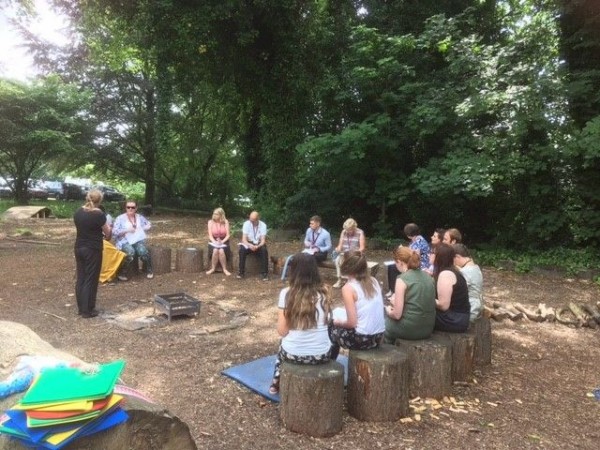
Looking for maths specific professional development?
Contact h.hackett@excelsiormat.co.uk to discuss your requirements.
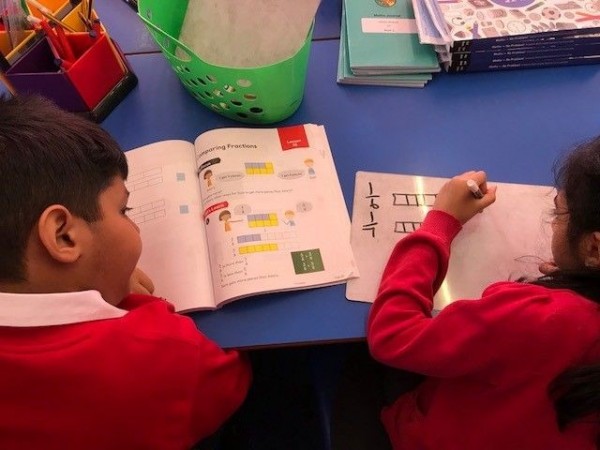
Considering maths textbooks to support a TfMastery approach to maths teaching?
We can help with that - Parkfield Community School is an accredited Maths-No Problem! beacon school and hosts regular open lessons.
Tel: 0121 464 1131
Email: pdc@excelsiormat.co.uk
If you would like to read further information about our approach to the teaching of mathematics at Parkfield, please click here.
Parkfield works with the following organisations to enhance the teaching and learning of mathematics:



